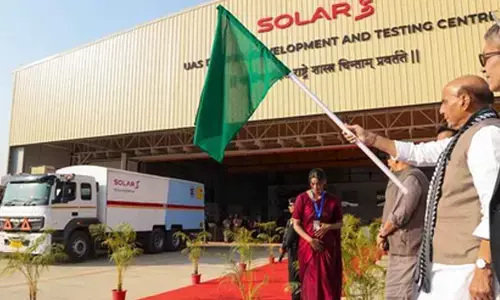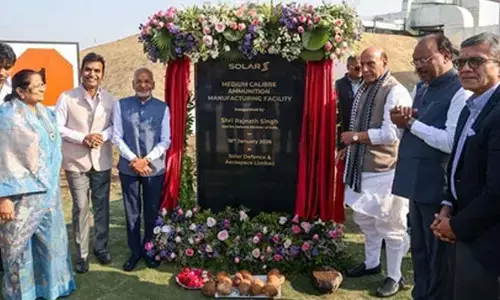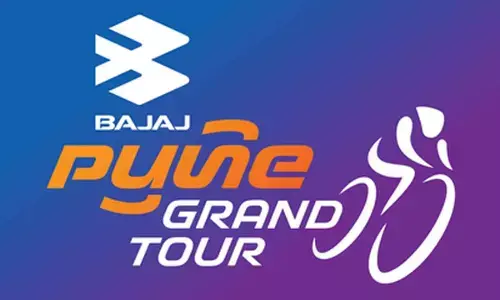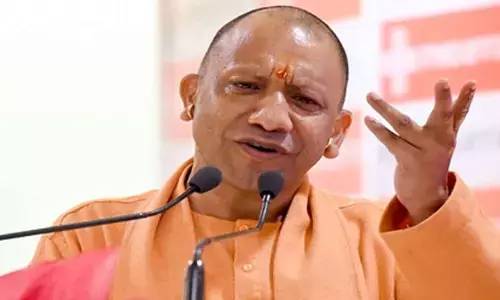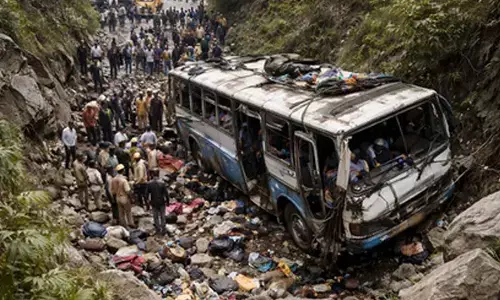IIT Professor develops new laser system
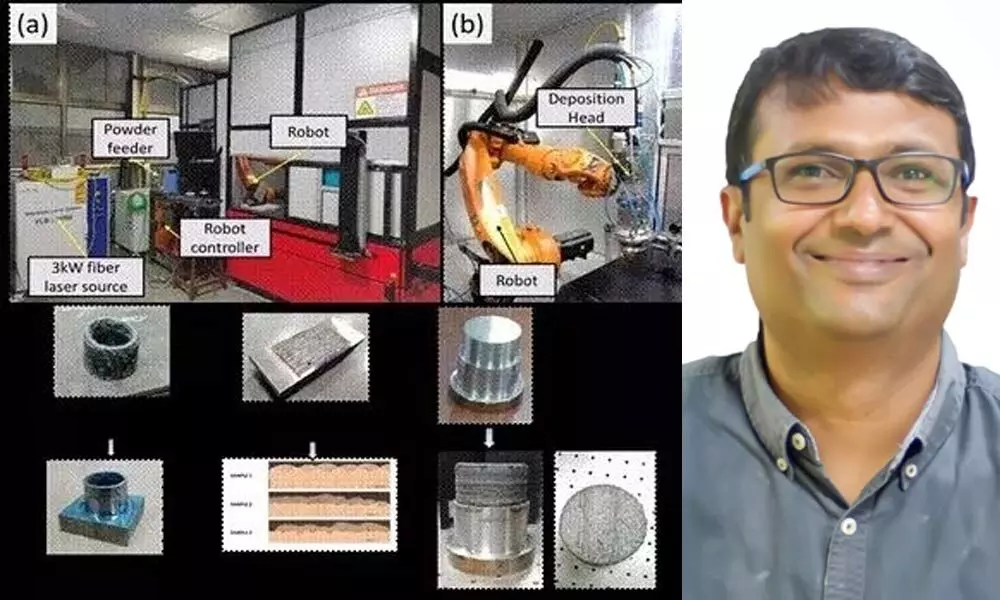
Prof Ramesh Kumar Singh
In a major breakthrough, an IIT Bombay Professor has developed a completely autonomous technology for the repair and restoration of high-value components such as moulds, turbine blades, and other aerospace components that require minimal human intervention, according to information provided by the Ministry of Science and Technology.
In a major breakthrough, an IIT Bombay Professor has developed a completely autonomous technology for the repair and restoration of high-value components such as moulds, turbine blades, and other aerospace components that require minimal human intervention, according to information provided by the Ministry of Science and Technology.
"It is expected that this technology will leap-frog the restoration and repair industry to the next level and help in nucleation of a viable cutting-edge laser manufacturing ecosystem for Atmanirbhar Bharat," the ministry said in a statement.
The existing repair techniques like welding and thermal spraying are ad hoc and do not provide accuracy and precision. Moreover, all the existing technologies are manual, and the quality of repair depends upon the skill set of the person.
Prof Ramesh Kumar Singh of the Mechanical Engineering Department, IIT Bombay, has developed a novel technology that uses a laser for excellent process control and is completely autonomous with minimal to zero human intervention. The robotic restoration system is designed to function autonomously for all key activities.
The technology developed with support from the Advanced Manufacturing Technologies Programme of the Department of Science & Technology, Government of India, has undergone validation and testing, the official statement explained.
With the help of the technology, the defective component which requires repair will be scanned autonomously for damage detection via a laser scanner, and the deposition path will be determined based on certain algorithms. The laser-directed energy deposition (LDED) technique will be used to deposit the material, followed by finishing and automated inspection of the restored product.
The final integration of the two systems-- the laser-directed energy deposition and the defect scanning systems, is underway, and the project is at 7th stage of the Technology Readiness Level. Prof. Ramesh has allied with Bharat Forge, Aditya Birla Science and Technology Company and Interface Design Associates for its industrial uptake.
"The developed technology is very impactful, and a game-changer for the restoration and repair segment of the manufacturing industry and has huge market potential. The components which can be reconditioned via this technology are very high-value. The level of accuracy and precision, which is possible through this technology, is phenomenal and is far ahead of the current state-of-the-art methods," Prof. Ramesh was quoted as saying.









